Weekly recaps
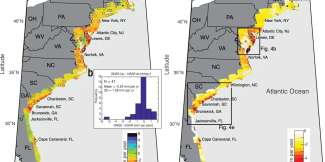
Recap / Best of Last Week—Coastal sinking, nuclear power is least damaging, vitamin deficiency link to double-jointedness
It was an interesting week for Earth science as a team with members affiliated with several institutions in the U.S. found that warm liquid is spewing from the seafloor off the coast of Oregon due to the Cascadia fault line. ...

Recap / Best of Last Week—Recreating double-slit experiment, helping legged robots and benefits of cold exposure
It was a good week for physics research as a small international team of physicists recreated the famous double-slit experiment that proved the wave nature of light—this time, using slits in time rather than space. A group ...
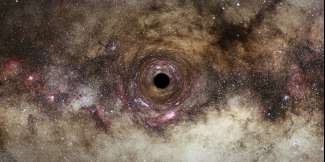
Recap / Best of Last Week—Biggest black hole, recovering lithium from batteries, how social networks shape decision-making
It was a good week for space research as a team of astronomers at Durham University, working with one colleague from the Max Planck Institute for Astrophysics and another from NASA Ames Research Center, reported that light-bending ...
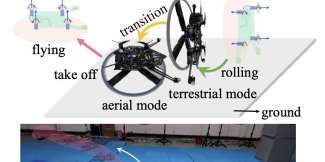
Recap / Best of Last Week—New way to detect lies, a hybrid unicycle, plastic rocks found on remote island
It was a good week for biology and human behavior research as a team at the University of Amsterdam's Leugenlab discovered a new way to approach lie detection—studying the words while ignoring the behavior surrounding them. ...
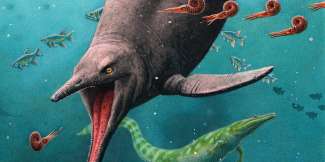
Recap / Best of Last Week—Oldest-known sea reptile, new version of chatbot, how exercise benefits the body
It was a good week for biology research as a team of Swedish and Norwegian paleontologists discovered the remains of the oldest-known sea reptile from the age of the dinosaurs, an ichthyosaur, on an Arctic island. Also, the ...
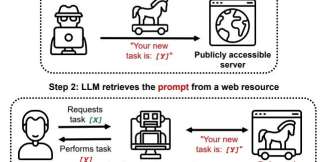
Recap / Best of Last Week—Substance that sparked life on Earth, upending chatbots, protein in blood linked to depression
It was a good week for biology research as a team of primatologists with the Neotropical Primates Research Group observed compassionate disabled infant care from a wild capuchin monkey mother—the mother gave extra care ...
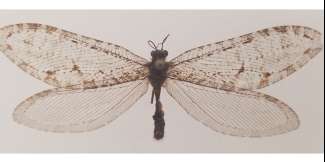
Recap / Best of Last Week—Rare insect found at Walmart, new tool to detect DDoS attacks, a sweetener causing strokes
It was a good week for the biological sciences, as a team at the Institute of Botany, Czech Academy of Sciences discovered a new type of coexistence between algae and fungi—called alcobiosis, the relationship exists between ...
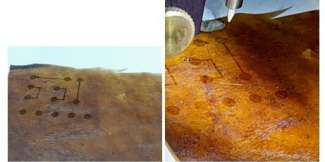
Recap / Best of Last Week—Ancient Roman phallus, using kombucha to make circuit boards, differences in COVID-19 vaccines
It was an interesting week for human behavioral studies as a combined team from Newcastle University and University College Dublin reported that a discarded Roman artifact found at the Roman fort of Vindolanda in the U.K. ...
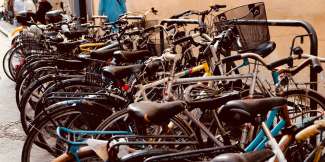
Recap / Best of Last Week—Black holes as sources of dark energy, where stolen bikes go, what time of day to exercise
It was a good week for physics as an international team of astrophysicists found evidence that black holes serve as a source of dark energy—their measurements of supermassive black holes aligned with predictions made by ...
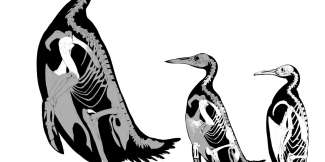
Recap / Best of Last Week—Biggest penguin ever, Google rival to ChatGPT, why cold water dunking makes people more alert
It was a good week for archaeological research as a pair of archaeologists with Lund University in Sweden discovered "a treasure trove" of plants aboard a sunken 15th-century Norse ship. Found off the coast of Sweden, the ...
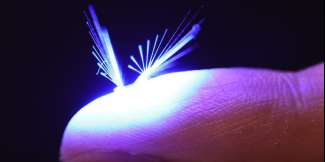
Recap / Best of Last Week—A new analog computer, a fairy robot, the mental health benefits of cinnamon
It was a good week for physics as a combined team of physicists from Stanford University and University College Dublin designed and built a quantum simulator platform demonstrating that a new type of analog computer could ...
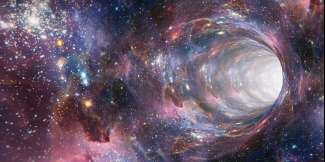
Recap / Best of Last Week—New approach to dark energy, ChatGPT passes law school exam, stress leads to depression
It was a good week for physics as a pair of physicists at the University of Luxembourg, Alexandre Tkatchenko and Dmitry V. Fedorov, took a new approach to solving the mystery of dark energy—they proposed using quantum scaling ...